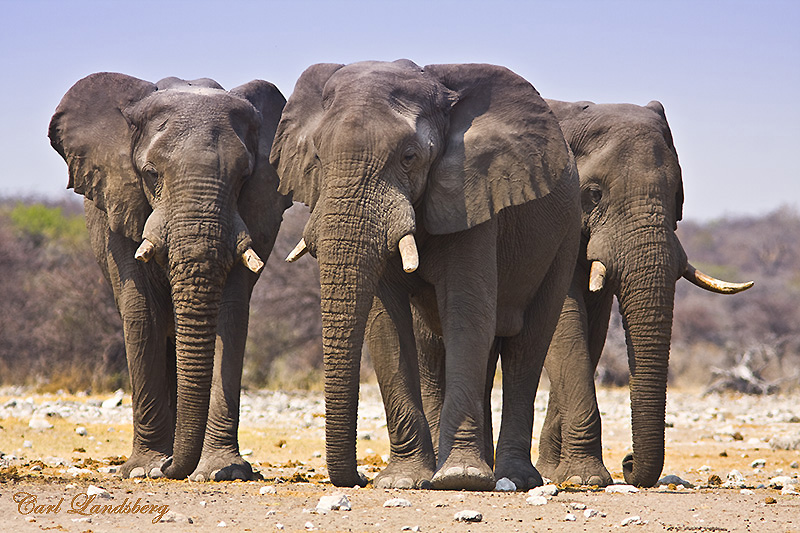The Nigerian Conservation Foundation (NCF) has condemned a recent video showing the unlawful killing of a hippopotamus in Etsako Central Council in Edo State by a local vigilante.
The hippopotamus involved belongs to the species Hippopotamus amphibius, commonly known as the common or river hippo, a species currently classified as vulnerable on the IUCN Red List. While populations of this species endure in pockets across Nigeria, recent estimates indicate that only about 100 individuals remain nationwide, underscoring the critical importance of their protection.
Additionally, Nigeria historically hosted a subspecies of the pygmy hippopotamus, Choeropsis liberiensis heslopi, which once inhabited the Niger Delta region. Unfortunately, this subspecies is now considered locally extinct.
The organisation, the killing of a hippo, especially one from such a diminishing population, is not only a violation of national wildlife protection laws, but a blow to our nation’s natural heritage. But even when the killing is borne out of fear or economic desperation, it remains illegal and immoral.
“The hippo’s death did not happen in a vacuum. It is the consequence of habitat destruction and climate-driven environmental changes. The collapse of freshwater habitats, coupled with flooding and shrinking grazing areas, strains the fragile balance between humans and wildlife, often ending in loss of life—both human and animal,” according to NCF Director General, Dr Joseph Onoja.
IN a related development, Wild Africa has urged Nigeria to intensify efforts to protect its dwindling elephant population by mitigating rising human-elephant conflicts, which often lead to crop raiding, injuries, and fatalities on both sides.
The West Africa Representative for Wild Africa, Dr Mark Ofua, said the shrinking of elephant habitats across the country is limiting their movement and pushing them into farmlands and villages in search of food and water, which leads to fatal incidents, such as the recent human–elephant conflict in Ogun State.
“The recent event in Ogun state is a reminder that protecting elephants also means protecting people,” said Ofua. “When elephants have space, corridors, and secure habitats, they are less likely to come into conflict with communities. Coexistence is possible, but it requires planning, investment, and law enforcement.
In a statement to mark this year’s World Elephant Day under the theme “Bringing the World Together to Help elephants”, a wildlife conservation organisation said Nigeria’s elephant population has dropped dramatically from over 1,200 three decades ago to just 300–400 individuals, divided into small, isolated herds.
The largest single herd, about 100 elephants, lives in Yankari Game Reserve in Bauchi State. At the same time, other populations survive in Cross River National Park, Okomu National Park, and other forest reserves in the south. The key threats to their survival are deeply interconnected. Poaching for ivory remains a serious problem, as well as habitat loss from logging, agriculture, and infrastructure development.
According to him, reducing the levels of human-elephant conflict is one of the key objectives of the NEAP, which was developed by the Wildlife Conservation Society (WCS) and the Elephant Protection Initiative Foundation in partnership with the Federal Government.
The plan aims to secure and restore habitats, connect fragmented ranges through wildlife corridors, and implement early warning systems, while supporting farmers with non-lethal deterrents, such as natural chilli repellent, noisemakers, digging trenches, and creating beehive fences.
It also aims to promote community benefits from elephant conservation, such as tourism opportunities, while boosting anti-poaching patrols and improving enforcement against ivory trafficking.
“Because we believe people and wildlife can only survive and thrive together, we need to work to train and equip local communities to implement appropriate, locally relevant mitigation measures while conducting awareness campaigns to disseminate information on these measures,” Ofua added.
